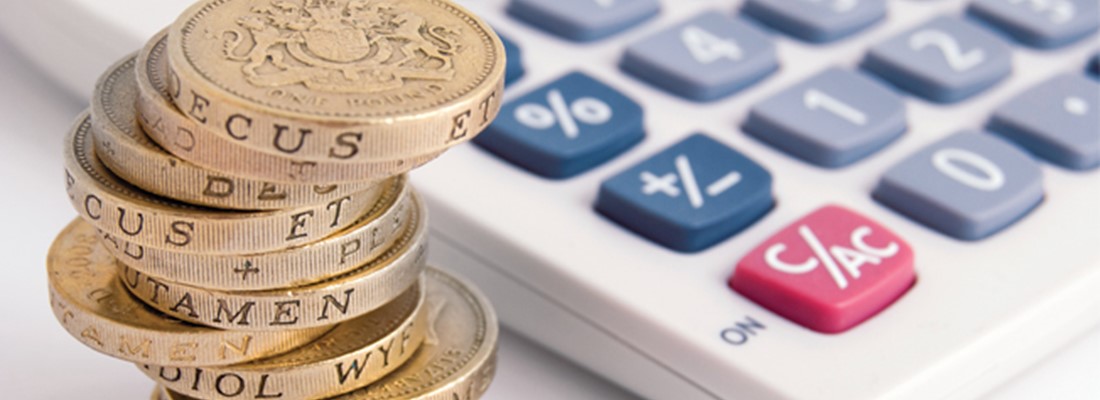Reduction of share capital

Since 1 October 2008, private companies have been able to use a simplified share capital reduction process without Court approval. The provisions allow, for example, a company to return share capital which is in excess of its needs. The provisions require a special resolution supported by a solvency statement made by the directors (ss641-644 CA 2006).
Another use of the facility is the creation of distributable reserves from previously non-distributable reserves or share capital.
S654(1) states that a reserve arising from the reduction of a company's share capital is not distributable. However, s654(2) CA 2006 enables the Secretary of State, by order, to specify the circumstances in which a reserve will be distributable.
A statutory instrument in 2008 confirmed that a reserve created from a capital reduction is to be treated as a realised profit (s654 CA 2006 and SI 2008/1915).
What is the tax treatment of a payment to shareholders out of such a reserve?
HMRC have now issued their view on the tax treatment of payments received by individuals and other non-corporates from reserves created following a share capital or share premium reduction. This guidance applies to payments from UK incorporated and UK resident companies but not non-UK resident companies (www.hmrc.gov.uk/specialist/draft-amended-indiv-guidance.pdf).
Their view is that where share capital (including premium) is reduced and a distributable reserve is created that treatment will be applied for tax purposes also:
'This means that:
• a dividend payment which is a distribution permitted under company law will be a dividend for the purposes of section 1000(1)A, and
• any other payment out of a reserve of this type will be a distribution under section 1000(1)B, and as it is treated as made out distributable profits, no part of it will be treated as representing a repayment of capital on the shares.
The distribution will therefore be chargeable to income tax.'
What if the repayment of share capital does not create a distributable reserve?
To quote from the HMRC view:
'Where there is a repayment of share capital (including share premium/capital redemption reserve) which does not have the effect of creating such a distributable reserve then this is not a distribution chargeable to income tax. There may, however, be a charge to capital gains tax under s122 TCGA 1992, as a capital distribution.' (s1000(1)B CTA 2010).
Is it necessary to create a distributable reserve? The Mercia view
The HMRC guidance does not directly cover this point but implies from the above paragraph that a repayment of share capital and share premium can be effected by the accounting entry: Dr Share capital/share premium, Cr Cash.
There is no requirement in the Act to create a statutory reserve following such a reduction. However, a company with a deficit on a profit and loss account may want to use the repayment of share capital provisions to eliminate the deficit so that it can then distribute future profits arising rather than having to wait until the deficit is cleared before being able to distribute to shareholders. When the provisions are used for this purpose then the accounting entries will require a credit to a distributable reserve. Dr Share capital/share premium, Cr Distributable reserves (P&L account). In this instance there is no immediate tax implication for the shareholders. If additional amounts are credited to the distributable reserve and then actually distributed, then this is an income distribution.
So, the highly technical answer is, it depends how you do it, so tread carefully!




